Sales of electric cars in Scotland have fallen behind those of England, despite “Scotland’s greater ambition to cut transport emissions.”
That is just one of several details listed in a highly critical new report on the Scottish Government’s work to cut carbon emissions.
Members of the Climate Change Committee (CCC) have warned the situation is so serious the Scottish Government’s climate targets are “in danger of becoming meaningless.”
Scottish ministers have often trumpeted their “world leading” climate change targets.
They include cutting emissions by 75% by 2030 and hitting Net Zero by 2045. That is five years earlier than the UK Government.
But there are “glaring gaps” in the Scottish Government’s plan to hit its own goals, according to the CCC’s Scottish Progress Report.
Members of the CCC say they have “particular concerns” around the 75% by 2030 cut – the next big milestone in Scotland’s climate plan.
Scottish Government ‘falling behind’ other parts of the UK
Transport is the leading cause of carbon emissions in Scotland and, historically, has been the most difficult to cut.
The report also highlights concerns in other devolved policy areas such as buildings and agriculture.
Regarding transport, ministers have promised to cut the number of kilometres driven in Scotland by 20% by 2030.
There has, however, been little clarity to date on how they plan to deliver on what would be a substantial change for many families.
Earlier progress on replacing fossil fuel vehicles with electric equivalents has also stalled.
The report states: “Plans to decarbonise transport in Scotland are falling behind other parts of the UK.
“Sales of electric cars are now behind those of England, despite Scotland’s greater ambition to decarbonise transport.”
Active travel schemes not enough
Local governments and agency Transport Scotland have channelled funding into walking and cycling schemes, free bus travel for under 22s, Scotland’s electric charging network and into electric buses.
Transport officials are also considering further measures such as charging for road use.
But the CCC is warning that current levels of action are not enough.
Lord Deben is chairman of the Climate Change Committee.
He said: “In 2019, the Scottish Parliament committed the country to some of the most stretching climate goals in the world.
“But they are increasingly at risk without real progress towards the milestones that Scottish Ministers have previously laid out.
“One year ago, I called for more clarity and transparency on Scottish climate policy and delivery. That plea remains unanswered.”
What is the Climate Change Committee (CCC)?
The Climate Change Committee (CCC) is an independent, statutory body set up to advise the UK and devolved governments on emissions targets.
Emissions fell by 59% between 1990 and 2020, the report notes. CCC members put the most recent falls down to the pandemic rather than “policy progress”, however.
The report’s authors warn reduced emissions recorded during the pandemic are due to “rebound” when the latest figures are published, covering 2021.
Scottish Government Net Zero secretary Michael Matheson responded to the report.
He said it was “a timely reminder of the scale of the challenge faced by government, industry and civil society if we are to reduce Scotland’s emissions and play our role in limiting global warming.”
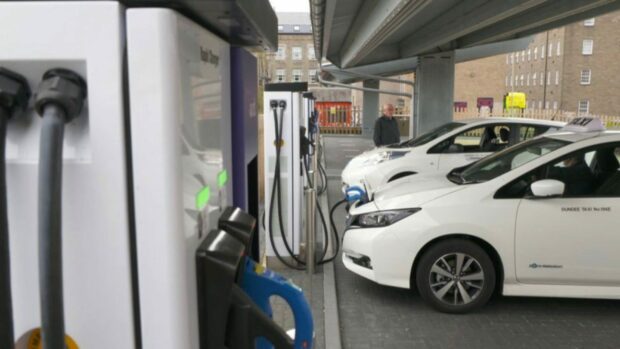


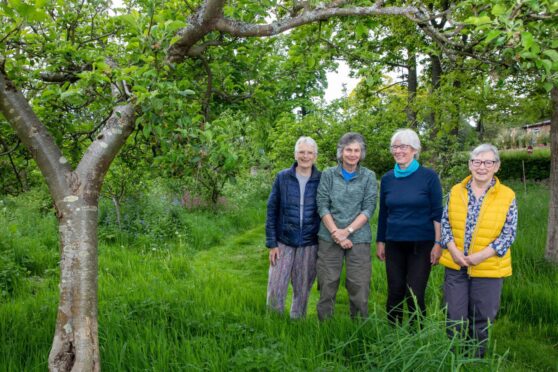
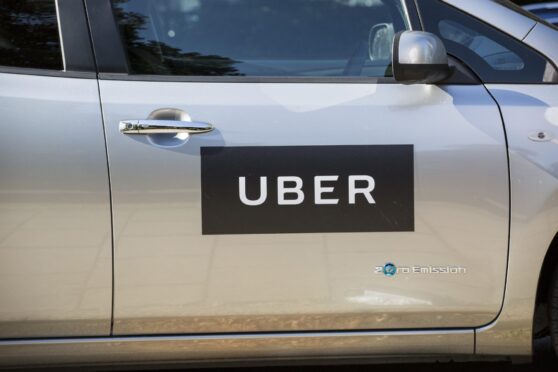
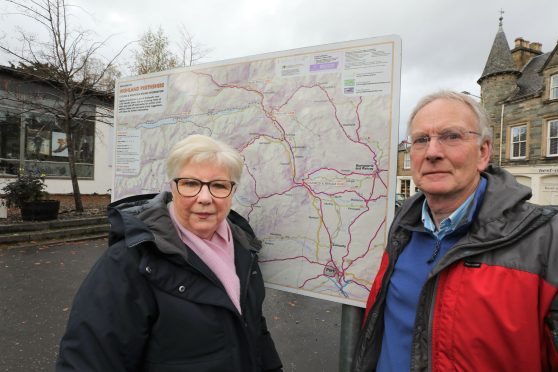

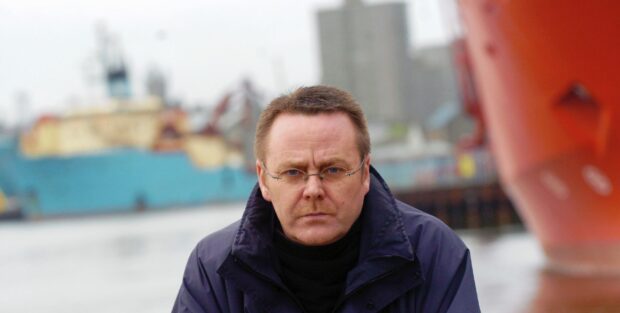
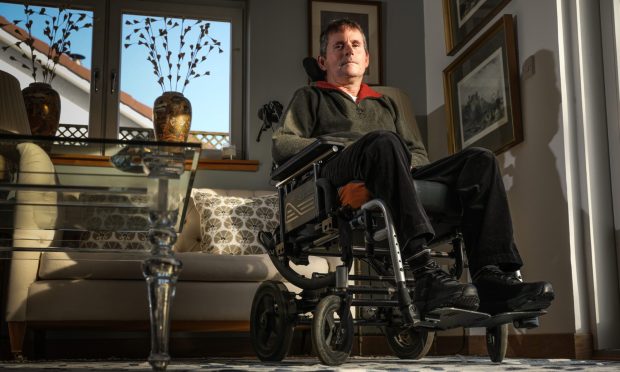

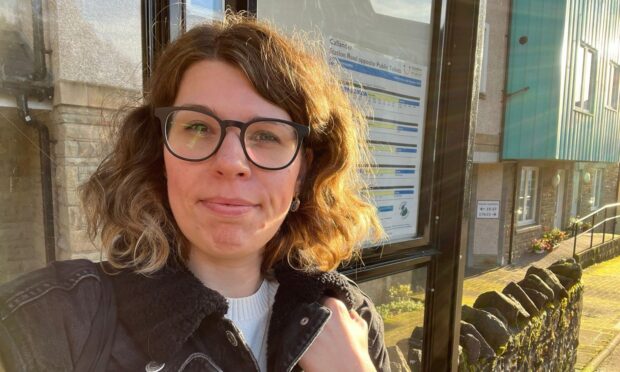
Conversation